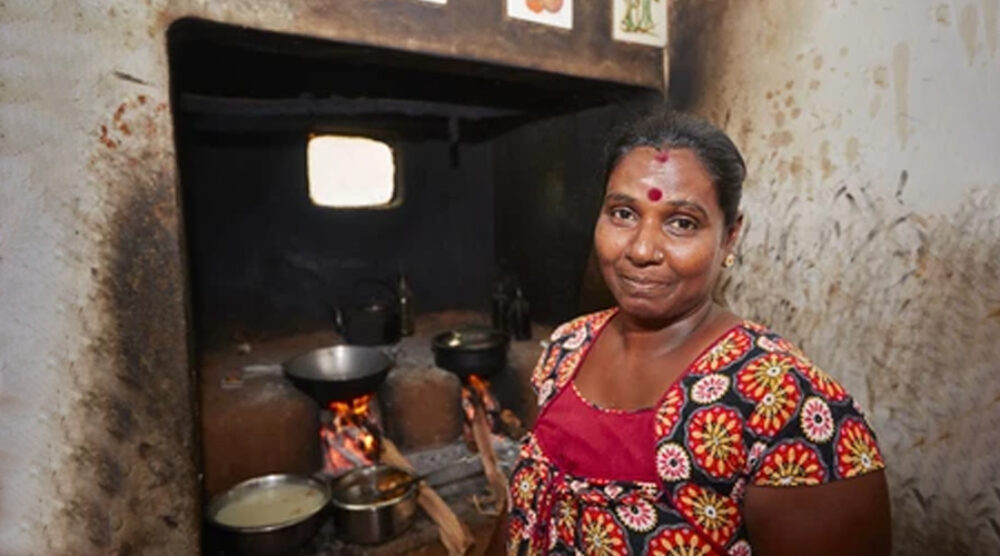MANEKA JAYASINGHE, SELVA SELVANATHAN AND SAROJA SELVANATHAN |
Energy poverty is defined as the absence of sufficient choice in accessing adequate, affordable, reliable, high quality, safe and environmentally benign energy services to support economic and human development. The idea of the ‘absence of choice’ in this definition relates to Economics Nobel Laureate Amartya Sen’s notion that development is not simply a question of achieving a certain level of income but is not being excluded from those options that enable people to choose and obtain welfare in its broadest sense. In particular, not having access to energy may not only indicate deprivation of direct services, such as cooking, but also other elements which are fundamental for individual and collective development, such as access to education, health, information and social capital. The ‘affordability’ component in this definition captures the fact that access to energy services is contingent on the affordability of modern energy sources as well as the affordability to invest in household appliances, and education, entertainment, and telecommunication appliances. Ultimately, energy use supports economic and human development, contributing to an improvement of the well-being of the people.
The accurate measurement and tracking of energy poverty lie at the core of efforts made towards improving access to modern energy services for every person around the globe. In particular, the availability of detailed and accurate information on the extent and depth of energy poverty has the potential to positively influence the design of policy, regulatory and financial strategies to address the issue.
Please click here to read the full “Energy poverty and inequality in Sri Lanka” article published at The Morning, written by Dr Maneka Jayasinghe and Griffith Asia Institute members, Professor Eliyathamby (Selva) Selvanathan, and Professor Saroja Selvanathan








